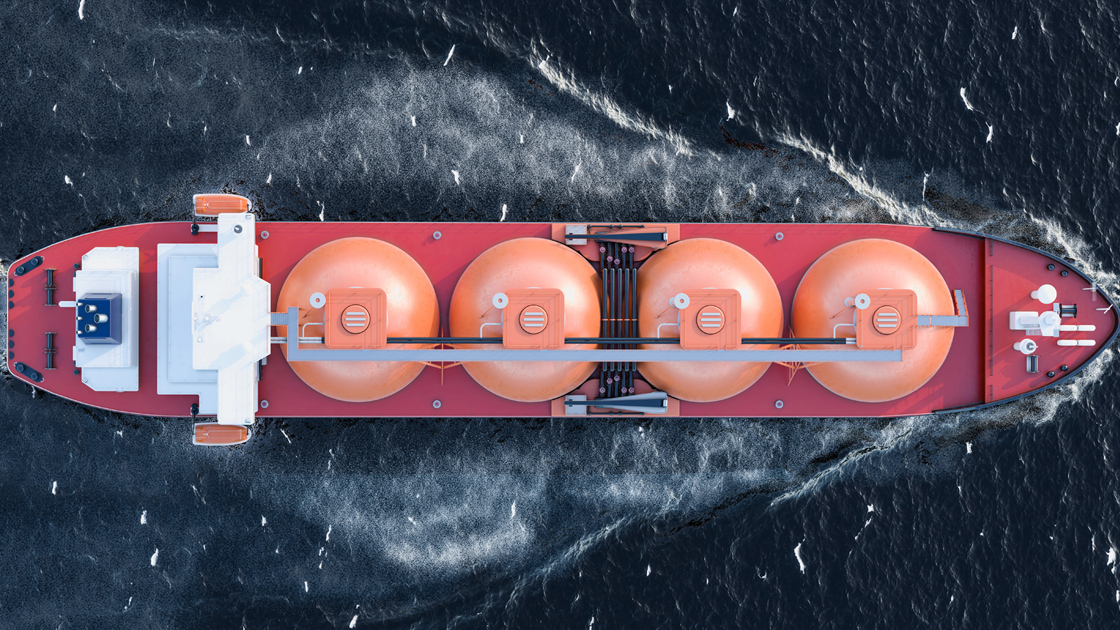Hungary has signed its longest-ever liquefied natural gas (LNG) supply agreement, striking a ten-year deal with French energy company ENGIE, even as Prime Minister Viktor Orbán refuses to heed U.S. calls to cut Russian energy imports.
Foreign Minister Péter Szijjártó announced in Budapest that state-owned utility MVM CEEnergy will purchase 400 million cubic metres of LNG annually between 2028 and 2038, amounting to a total of 4 billion cubic metres. He hailed the contract as a “milestone for Hungary’s energy security,” describing ENGIE as a reliable new partner and signaling Budapest’s readiness to expand cooperation further.
Szijjártó framed the agreement against a backdrop of global instability, warning that wars and political tensions have “completely politicized and ideologized” energy supply. He noted that transport routes once considered dependable are now threatened, while energy prices in recent years have climbed to unprecedented heights. Diversification, he said, should mean adding new suppliers and routes rather than abandoning existing reliable ones.
Hungary’s geographic reality, Szijjártó stressed, leaves it heavily dependent on imports. As a landlocked country, it relies on pipelines crossing its borders. The government has invested hundreds of millions of euros to link its gas network to six of its seven neighbours, but officials argue that Russian supplies remain essential to economic stability.
That view was echoed by Prime Minister Orbán, who told state radio that giving up piped Russian oil and gas would devastate Hungary’s economy. He estimated an immediate 4% drop in output if those flows were cut off. His remarks followed a phone call with U.S. President Donald Trump, who had raised the prospect of Orbán reducing purchases of Russian crude during a briefing with Ukrainian President Volodymyr Zelenskiy.
Orbán rejected the suggestion, saying Hungary would pursue its own interests in energy policy. “We need not accept each other’s arguments,” the premier said of his conversation with Trump. “We just need to talk clearly about our interests and listen to each other as friends, then everyone does as they wish.”
The stance underscores Hungary’s delicate position as both a member of the European Union and NATO, and a country whose leader has maintained close ties with Moscow since Russia’s 2022 invasion of Ukraine. Orbán’s latest comments mark one of his clearest signals yet that he will keep economic links with Russia intact—even if it risks creating friction with Washington.


Leave a Reply Cancel reply
Top 5 Articles
 Shaping a Generation of Creative and Resilient… September 10, 2025
Shaping a Generation of Creative and Resilient… September 10, 2025  New Page in the History of Budapest Airport October 8, 2025
New Page in the History of Budapest Airport October 8, 2025  For the Export Success of Hungarian Enterprises June 17, 2025
For the Export Success of Hungarian Enterprises June 17, 2025  Representing France in Familiar Territory October 6, 2025
Representing France in Familiar Territory October 6, 2025  EC Clears EUR 10.8 Mn in Support for Hungarian Farmers October 10, 2025
EC Clears EUR 10.8 Mn in Support for Hungarian Farmers October 10, 2025





No comment yet. Be the first!